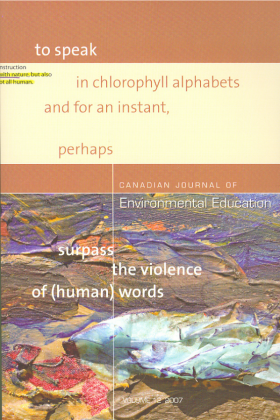Virtues, Teacher Professional Expertise, and Socioscientific Issues
Abstract
This article develops the notion that virtues can be utilized as a means of understanding the professional expertise that science teachers demonstrate when they deal with socioscientific issues. Socioscientific issues are those contentious issues that connect science to the society in which it operates— environmental issues being a prime example. We begin by accepting that both the cognitive and the affective facets of teaching represent a profes- sional expertise that can be discussed using a moral language of virtues. These virtues are trust, care, courage, honesty, practical wisdom, and fair- ness. In developing our notion, we draw on the work of Zeidler, Sadler, Simmons, and Howes, who have argued that an exploration of four peda- gogical elements (the nature of science, classroom discourse, cultural issues, and case-based issues) constitutes a research-based model for addressing moral education in the context of science education. It is our purpose to investigate the ecological validity of using virtues as descriptors of teacher professional expertise within each of these issues.Downloads
Published
2007-01-01
Issue
Section
Articles


